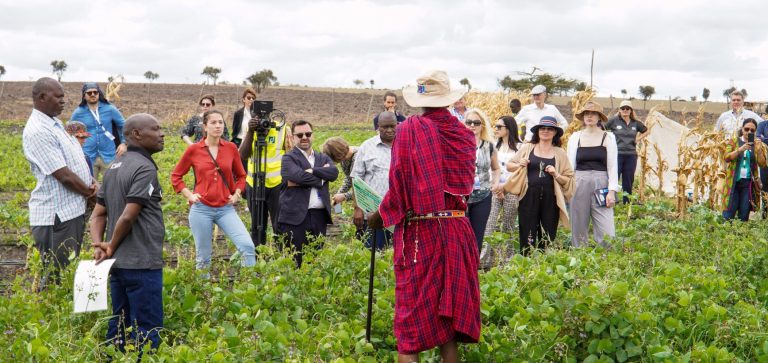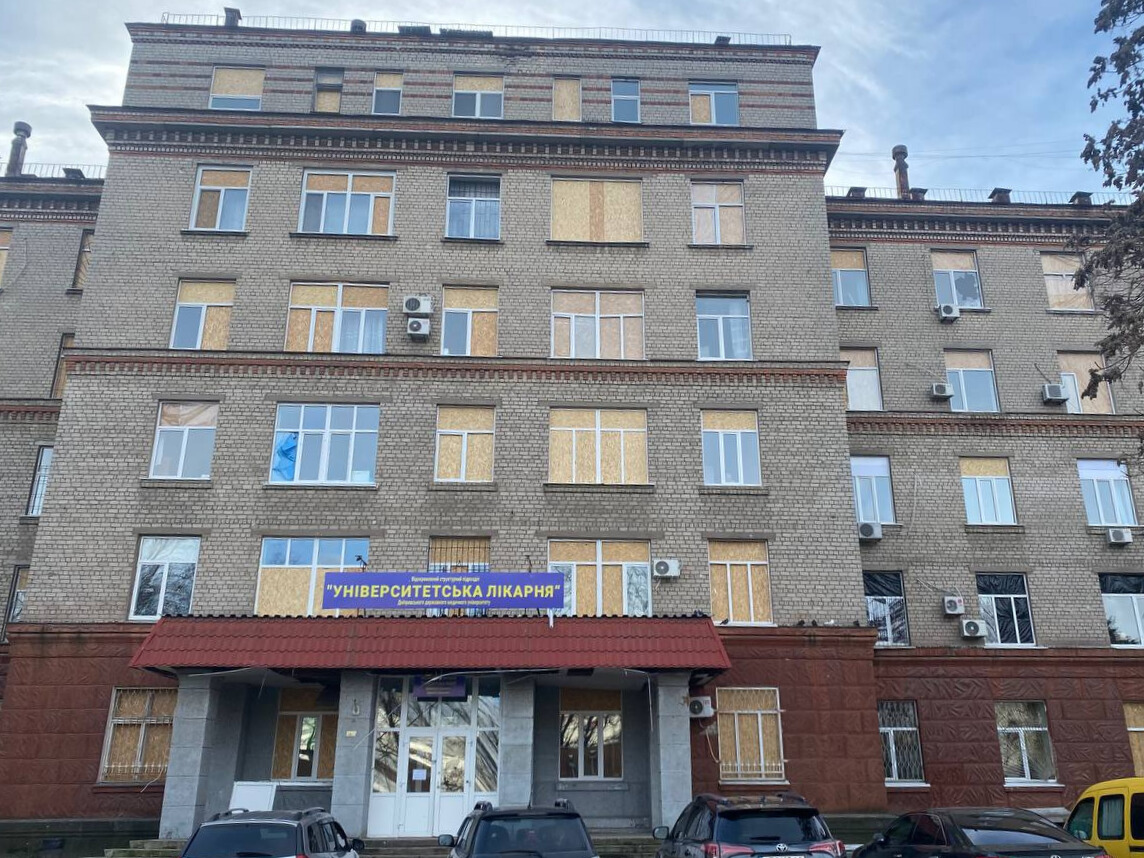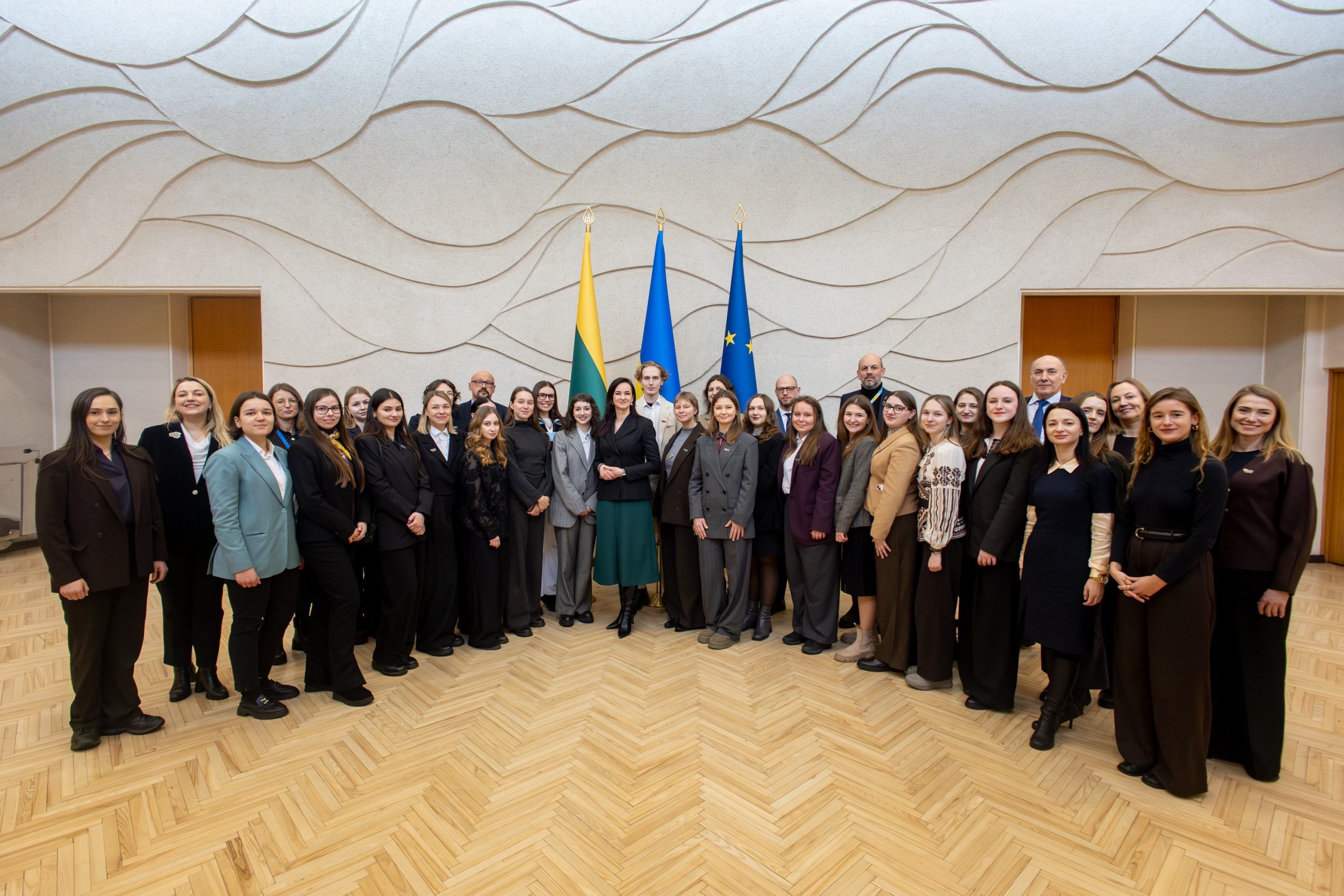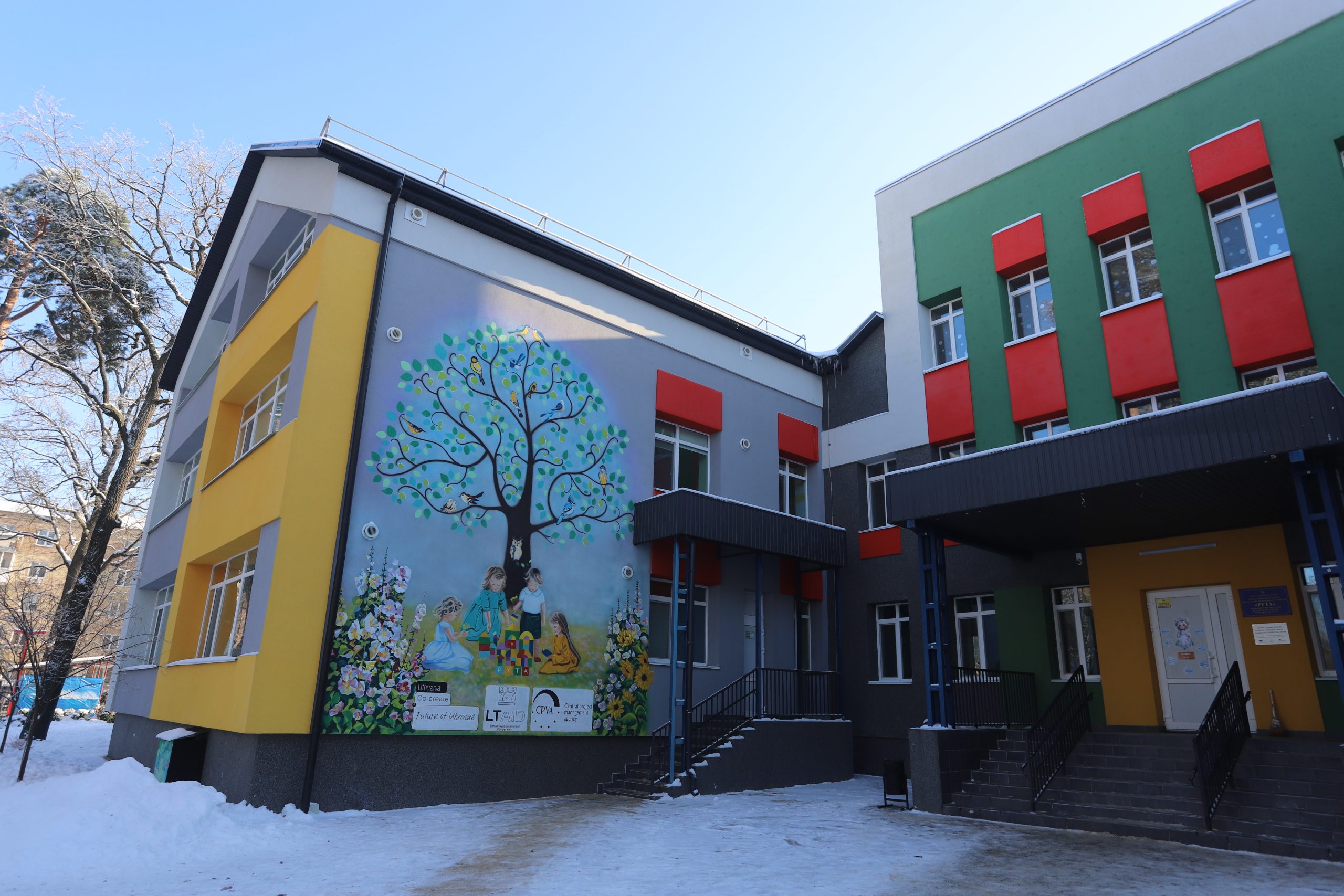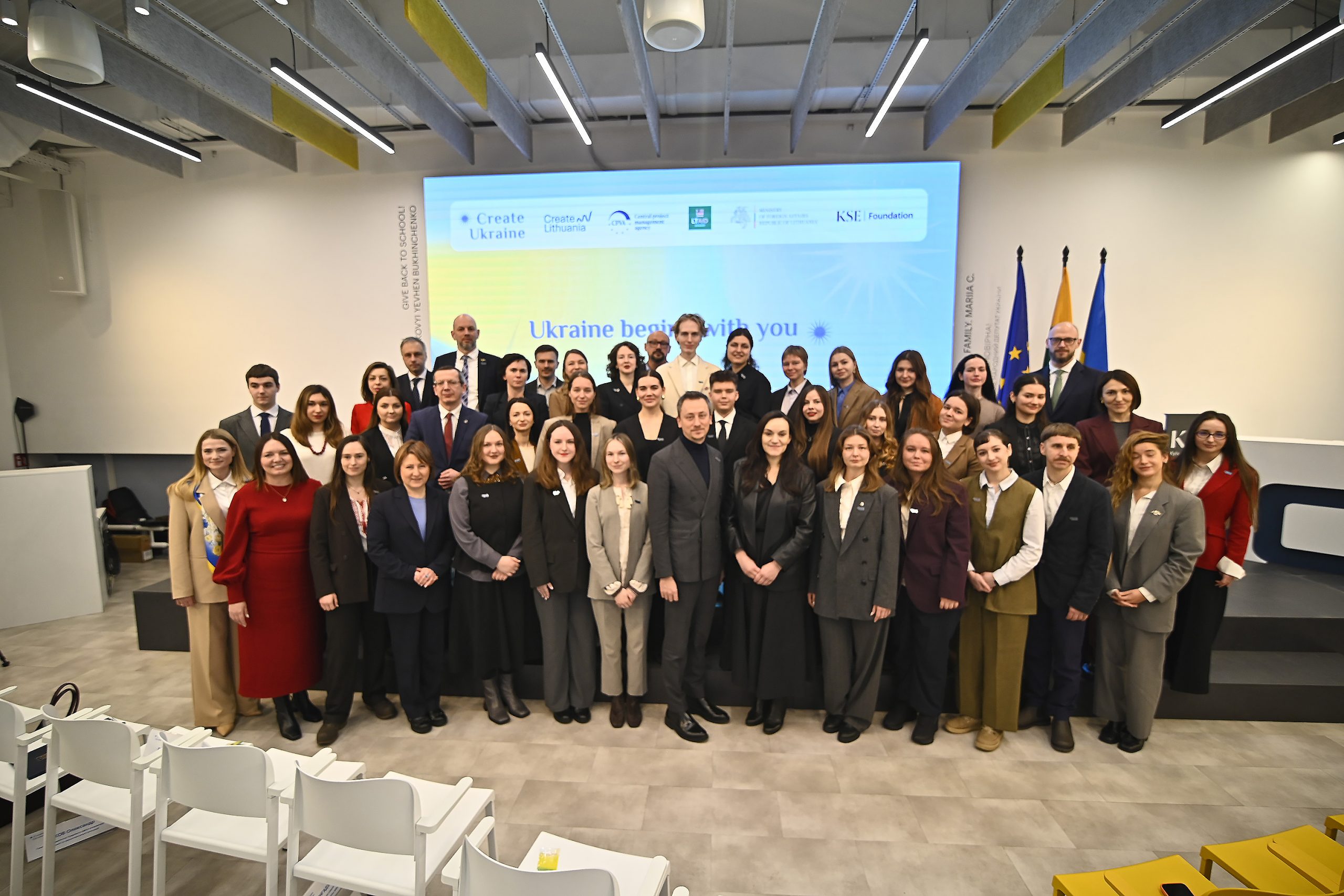The Central Project Management Agency (CPMA) visited Kenya on 28-31 March for a meeting of the 16 members of the Practitioners Network for European Development Cooperation. The purpose of the visit was to bring together the members of the Practitioners’ Network to showcase effective examples of joint implementation, visit programmes and projects, leverage key learnings and strengthen relationships with Kenya teams, authorities, partners and like-minded actors.
The visit focused on improving the implementation of development cooperation projects, adaptation to climate change and mitigation, the transition to renewable energy, digitisation, and the creation of green and inclusive jobs. Projects consistently follow the approach of listening to the needs of local people and understanding their priorities. People are challenged daily, but are also innovative and full of the solutions. CPMA’s role here, as well as that of the other members of the Practitioners’ Network, is to listen and support the implementation of these solutions.
“One job I need to do when I come back to Lithuania is to write a detailed report to my government authorities, telling them what we have seen here, what we have heard here and how we need to take our first steps with the projects here, ” said Lidija Kašubienė, Director of the CPMA (watch the full interview).
Lithuania’s Development Cooperation Strategy for Africa 2022-2025 identifies Kenya as one of Lithuania’s priority countries for development cooperation. The Strategy identifies several strategic directions: the introduction of digital technologies to accelerate the economic and social development of the African continent; the creation of jobs for young people and vocational training for women and girls; the elimination of the obstacles to illegal migration.
Several projects visited during the visit in Kenya:
Renewable Energy and Adaptation to Climate Technologies Sub-Saharan Africa (REACT SSA)
The objective of the program is to improve access to renewable energy for low-income off-grid households, increase incomes and reduce greenhouse gas emissions in eight target countries. The broader outcome is to catalyse private sector investment and innovation in low-cost clean energy and climate change at scale.
The African Biodigester Component (ABC)
A biodigestor is a system that allows to produce methane out of human and animal manure. It is a cheap and simple way to produce methane for small-scale farmers, it is appealing to rural people, firstly because of the low cost of the installation and therefore of the gas, and for the improvement in the environment that the installation allows. The project aims at facilitating a shift of the biodigester market from its pioneering to the expansion phase where more than 20,000 small (0 to 50 m³) and 250 medium (50 to 500 m³) size biodigesters will be installed.
D4D Collaboration for the Horn of Africa Initiative on Digital Governance and Cybersecurity
Project aims to support selected member states of the Horn of Africa region, specifically Kenya, Somalia, and Djibouti, to enhance their public sector service delivery through improved and secure digital delivery channels. E-government solutions are being rolled out and there is a strong focus on cybersecurity.
